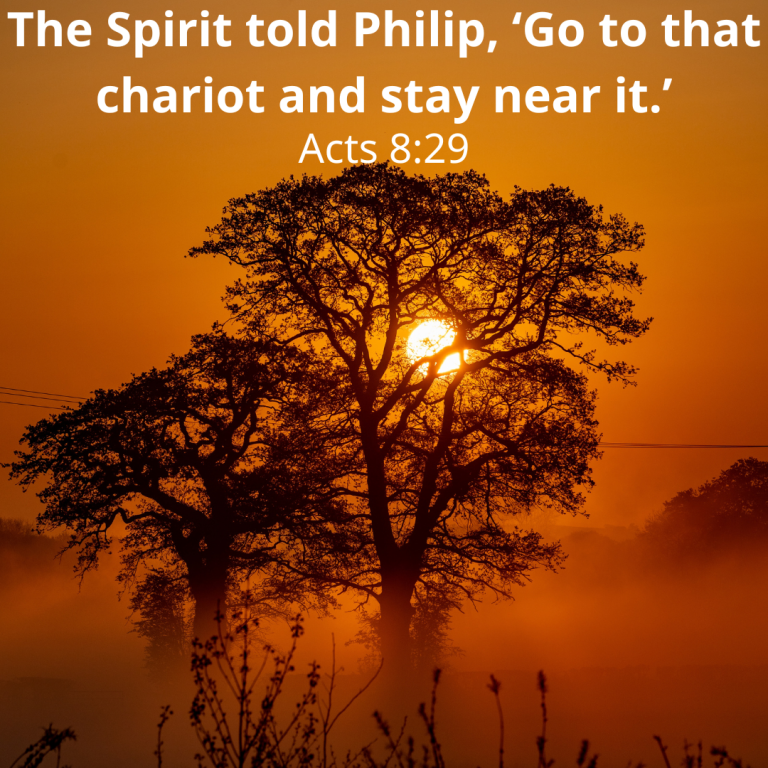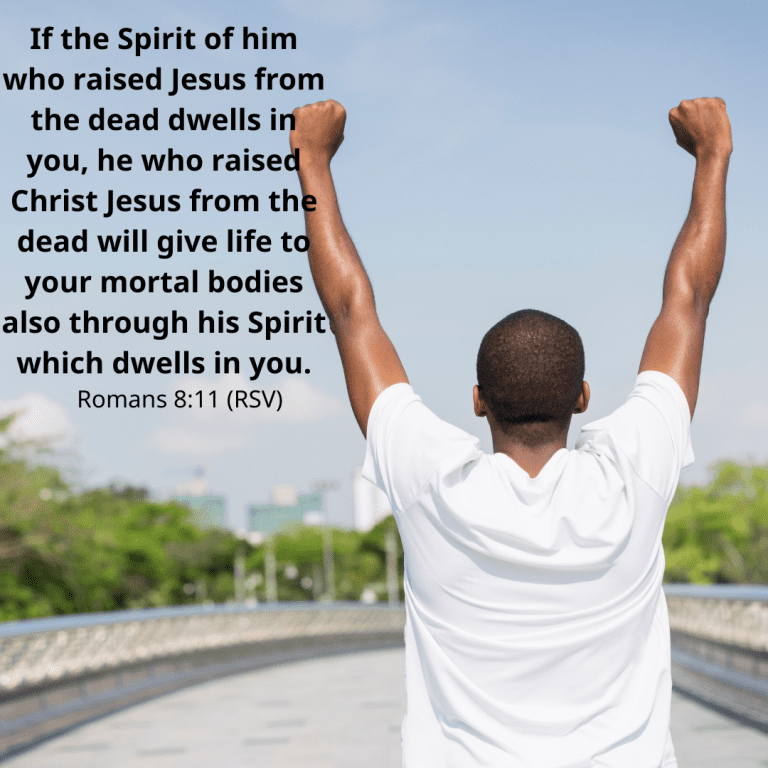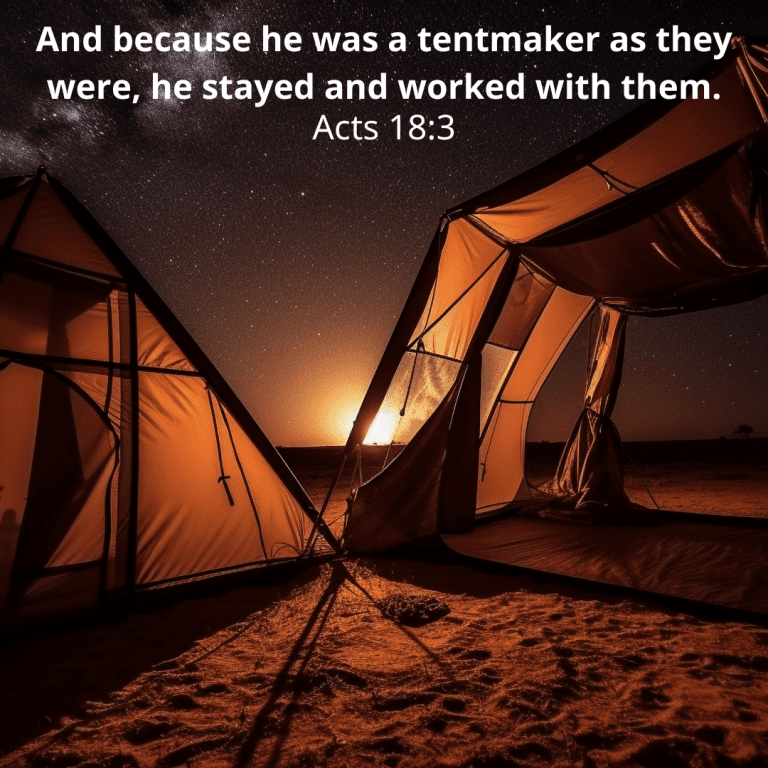Bɔṯrɔs-ŋǝ Yuhanna-ŋi kiyǝnǝ yǝthi mǝjlǝs.
1 Kinaŋw nandica-tǝ kinnǝ Bɔṯrɔs-ŋǝ Yuhanna-ŋi lizi, nǝ kahana-ŋǝ rǝ-iis-ri rǝthi haras wǝthi Heikal nǝ Lisaḏɔɔgiiyyiin tok, iila naanir-gwɔ. 2 Nǝreere aamina mac kaka nǝccǝgwɔ yaavɔr kiya yir yiɽǝn lizi @allima ŋiɽaŋali ŋǝthi Yǝcu ŋimǝŋw-ŋi diiɽǝ ki-ŋiɽany-na, ŋǝṯi ilŋithini lizi ethaarɔŋw lizi laayɔ lǝṯi dindi ki-ŋiɽany-na mindaŋ ǝṯir miithi kwokwony. 3 Ŋwɔṯaŋw nǝrsi ǝmmi nǝrsi kaṯṯɔ ki-sijin-nǝ ethi-gwɔ naani mindaŋ ethi ŋɔrpɔ-ŋgwa oro, kaka mǝgwɔ aaŋwɔn ere. 4 Laakin nǝ lizi littǝzir limǝ neŋne ŋiɽaŋali nǝrsi ǝmmini; nǝ lɔr kikindǝthi mindaŋ nǝroro khamsa alf.
5 Mǝ ŋɔrpɔ-ŋgwa oro tǝ, nǝ rɔ-asa rǝthi Yahuuḏ-ŋǝ lishiyuukh-li nǝ mɔ@allimiin kwǝthi Sherii@a tok aaɽathi dɔŋw Urshaliim, 6 ŋundu-ŋǝ Hannaan-ŋǝli kwir Rǝ-iis Rɔppa rǝthi kahana, nǝ Gayaafa-ŋǝ Yuhanna-ŋǝli, nǝ Iskǝnḏǝr-ŋǝ lizi-li lǝthi ǝŋwur wǝthi Rǝ-iis Rɔppa rǝthi kahana. 7 Nǝr rilli yaavɔra kiyǝnǝ yeeŋen, mindaŋ nǝrsi uṯicǝlɔ nǝrsǝccǝŋw, “Ŋǝrrǝ-ŋǝsi ŋɔ aŋgwɔrɔ? Ŋɔma ŋaava-ŋǝsi ṯaka, nǝ yiriny yindǝr yǝndu yǝrrǝ-ŋǝyi ŋiɽaŋali ŋɔ?”
8 Nǝ Bɔṯrɔs urǝnninǝ Ṯigɽim-thi Ṯirllinǝlɔ ter mindaŋ nɔŋwsi ǝŋnici nɔŋwsǝccǝŋw, “Yaa rɔ-asa rǝthi lizi, nǝ lishiyuukh tok; 9 mǝrnyji uṯicǝlɔ aŋwɔnɔ ŋiɽaŋal-ŋi ŋǝthi ŋothɽor ŋisaaw ŋǝrriniccǝ kwɔɔrɔ kwir kiborkon, nǝ kwisǝwinǝ aŋgwɔrɔ, 10 e-ta ǝsi elŋe ŋɔ ŋaaŋa tatap, nǝ lizi tatap lǝthi Israa-iil ǝrsi elŋe tok ŋǝthi kwɔr-ŋgwa kwirillɔ kiyǝnǝ yaalɔ kwɔmǝ saawi min-min, ŋɔma-ŋi ŋǝthi yiriny yǝthi Yǝcu Kwɔrɔstɔ kwǝthi Naasira-ŋw, ŋgwa kwuṯigrǝthi-ŋǝ ki-ŋwuuɽi-lǝ, mindaŋ nǝ Allah diiɽǝ ki-ŋiɽany-na. 11 Nǝṯǝ Yǝcu oro ŋgwa kwandisa-gi Kiṯaab Kirllinǝlɔ ter naarɔ-ŋgwɔŋw,
‘Kall ŋga kɔppathi-ŋalɔ ŋaaŋa lir lorṯo,
kimoro mɔhim ethi kiyall-la tatap’.
12 Ŋiglǝthǝ rinḏi naanɔ-ŋgwa ṯɔɽɔk, nǝ yiriny yiti kwokwony mac yinḏǝthǝrsi lizi kɔnɔŋw ki-ṯurmun-nǝ yǝthi ŋɔma ethi-yi kilaaw.”
13 Mǝ lizi lǝthi mǝjlǝs ese Bɔṯrɔs-ŋwɔsi Yuhanna-gi lir luugwul, nǝr liŋɽi kaka nilŋithirsi-gwɔ ethaarɔŋw liti lǝthi ṯa@liima ṯeere mac lir lizi linaanɔ domony. Laakin nǝrsi elŋece rac ethaarɔŋw lǝṯi rɔmmɔthi Yǝcu-ŋǝli. 14 Laakin nǝreere ǝthi ŋiɽaŋali ŋeere mac ŋǝthisi andasi, kaka mǝr-gwɔ ese kwɔɔrɔ-ŋgwa kwɔmǝ sǝwinni kwirlir Bɔṯrɔs-ŋǝ Yuhanna-ŋǝli. 15 E-ta nǝrsi andaci ethi ruu kithaay ki-mǝjlǝs-nǝ, mindaŋ nǝraari ibṯǝḏi ethi mɔmri ŋiɽaŋali-la 16 nǝraarɔŋw, “Aatha kwǝri ǝrrici lɔɔrɔ kɔlɔ? Kaka mǝŋwɔ lizi tatap lǝthi Urshaliim-ŋwɔ elŋe ethaarɔŋw, ŋilim ŋɔ ŋimǝrsi ǝrri por-por, mindaŋ ǝreere ǝthi nyiiŋǝ ŋɔma ethi nyindini mac. 17 Laakin ilarpa ǝrsi kiɽacci mindaŋ mǝ ŋiɽaŋal ŋɔ ere faathitha lizi naana mac, nǝ ǝreere andaci kwizi kweere kwokwony mac yiriny yǝthi Yǝcu.”

18 Ŋwɔṯaŋw nǝrsi ɔrnɔṯa kwokwony ethi aaɽitha kiininy, mindaŋ nǝrsi andaci ŋiɽaŋali ŋifirlli etheere andasi wala ethaari @alllma yiriny yǝthi Yǝcu. 19 Laakin nǝsi Bɔṯrɔs-ŋǝ Yuhanna-gi ǝŋnici nǝrsǝccǝŋw, “Aarir-ṯi ŋaaŋa haakima ki-rogɽo-na raalɔ, rindǝr ŋǝndu ŋɔvthanna kiyǝnǝ yǝthi Allah, ethi iinyici ŋaaŋwɔsi naanay, alla ethi iinyici Allah naana? 20 Kaka niti nǝthiny-gwɔ ŋɔma ethi naani tugwup mac ki-ŋiɽaŋal-na ŋa ŋiisa-nyji nǝ ŋiniŋna-nyji tok.” 21 Ŋwɔṯaŋw nǝsi mǝjlǝs kiɽacci riɽaŋal-ŋi ŋifirlli behen, mindaŋ narsi duŋgwaci nareele. Na narsi ere kattaci ṯaay-na mac ethisi inḏǝthǝ jiizǝ, kaka nɔrtathi-gwɔ lizi tatap Allah ŋiɽaŋal-ŋi ŋǝrrinǝ. 22 Nǝ Kwɔr-ŋgwa kwusǝwunǝ ŋilim-ŋi, nǝ yithlǝ yuuŋwun ṯamthɔ ruɽi-riɽǝn ŋwɔ-lǝ.
Ṯaara kiyiiriny ṯǝthi lizi lǝthi ṯǝmminǝ.
23 Nǝ kinaṯa kinaŋw mǝr duŋgwǝci Bɔṯrɔs-ŋwɔsi Yuhanna-gi tɔc, nǝr aaɽitha ki-lɔdɔŋw-na leeŋen, nǝrsi andaci ŋa ŋandicasi rɔ-asa rǝthi kahana-ŋŋ lishiyuukh-li. 24 Mǝ lizi kila lǝthi ṯǝmminǝ neŋne, nǝr ɔɽɔmaṯṯi tatap dɔŋw nǝraari Allah kiyiiriny nǝrǝccǝŋw, “Kweeleny kwimthi ǝzir, ŋa kwɔrɔ kwɔgitta leereya-ŋwɔsi wurǝyu-yi nǝ bahar-ŋa kwomne-gi tatap kwɔnaanɔ-gwɔna! 25 Nǝ nandaci ṯǝrnyǝri-ŋw ṯǝri ṯǝni Ḏaawḏ kwir khaḏaam kɔɔŋa Ṯigɽim-thi Ṯirllinǝlɔ ter, mindaŋ nɔŋwaarɔŋw,
‘Umam wotho wuurǝzǝ rɔgwori lakkathirna,
na nǝ lizi iccithisi ŋejmethi-la ŋiti ŋǝthi faayitha-na
kweere too?
26 Nǝ muluuk kwǝthi ṯurmun diiɽi
mindaŋ nǝ rɔ-asa tatap ruusi ŋiɽaŋali ṯuunyu ṯɔtɔpɔt,
ŋa ŋandisasarsi Kweelenyi naana, nǝ Kwɔrɔstɔ-ŋw naana
kwuuŋwun tok’.
27 Kaka mǝgwɔ Hiiruuḏus-ŋǝ Biilaaṯɔs Albɔnṯi-gi aaɽathi dɔŋw rerrem ki-mǝḏiinǝ-nǝ lizi-li lir Umam nǝ lizi lǝthi Israa-iil tok, nǝr andisasa Yǝcu-ŋwɔ naana, kwir Khaḏaam kɔɔŋa Kirllinǝlɔ ter, kimǝ ruusi Kwɔrɔstɔ. 28 Ner aaɽathi dɔŋw ethisi ǝrri tatap ŋigittathi-ŋa-ŋi ṯɔgwor-thi ṯɔɔŋwa, nǝ ŋɔma-ŋi ŋɔɔŋa ethi ǝrrini kerreny tuk. 29 Nǝ kire-kirem-ŋgwɔ tǝ Kweeleny, iisaṯi ṯǝrmicǝ ṯeeŋen ṯǝrmicǝr-nyji-thi, mindaŋ nyji inḏǝthǝ ŋuuguli nyuŋwsi lir yaḏaam yɔɔŋwa, ethandasi ŋiɽaŋali ŋɔɔŋa. 30 Ǝlli ṯii-na ṯɔɔŋwa ethi aava ṯisǝwunnǝ-ŋwɔsi ŋilim-ŋi, nǝ ŋir ŋwundǝ-ŋwundǝ, yiriny-yi yǝthi Khaḏaam kɔɔŋa Kirllinǝlɔ ter kǝni Yǝcu.”
31 Mǝr ṯimmasi ṯaara kiyiiriny tǝ, nǝ ǝzir riiginni wɔɽɔmaṯṯir-gwɔlɔ. Mindaŋ nǝr urǝnni-nǝ deddep Ṯigɽim-thi Ṯirllinǝlɔ ter, mindaŋ nǝraari ibṯǝḏi ethi andasi ŋiɽaŋali ŋǝthi Allah ŋuugul-ŋi.
Kila lǝthi ṯǝmminǝ mǝr-gwɔ ɔɽɔmasi kwomne kweeŋen dɔŋw.

32 Nǝ dɔŋw kila lǝthi ṯǝmminǝ ǝthi fikirǝ kwɔtɔpɔt, nǝ ṯɔgwori ṯɔtɔpɔt tok. Nɔŋweere kweere mac kwuruusǝ kwomne kwuuŋwun kaka kwǝthi rogɽo ruuŋwun, laakin ŋgwa tatap kwǝthir nǝr-gi ɔɽɔmaṯṯi-na tatap. 33 Nǝ yaavɔr ɔnḏi kiyǝnǝ tig-tig ŋɔma-ŋi ŋɔppa, ṯidiiɽǝ-thi ṯǝthi kweeleny kwǝni Yǝcu, mindaŋ nǝsi Allah balsa ne@ma naana tatap kwɔppa. 34 Nɔŋweere naani kweere mac ki-lɔdɔŋw-na kwiiraca kwomne kweere. Nǝ kila lǝthi rɔrɔny reeŋen, nǝ yiŋna mindaŋ, nǝrsi liṯṯa kithaay, mindaŋ nǝraava gwuruushǝ kwǝthi kwomne kwiliṯir, 35 nǝr kettice yaavɔralɔ ki-ŋwɔɽelle-na ŋweeŋen, mindaŋ nǝrsi kannaci tatap kwirga kwɔnaŋnar.
36 Nǝ Yuusuf tok kwǝthi Gɔbrɔs-ŋwɔ kwǝti yaavɔr ǝccǝ Barnaaba (yǝniŋw kwizi kwette kwǝṯi ɔkkwazi lizi ethisi firlli naana), 37 nɔŋw liṯṯa ṯɔrɔny ṯuuŋwun tok, mindaŋ nɔŋwaava gwuruushǝ nɔŋw kettice yaavɔralɔ ki-ŋwɔɽelle-na ŋweeŋen.
Peter and John Are Brought in Front of the Council
1 The apostles were still talking to the people, when some priests, the captain of the temple guard, and some Sadducees arrived. 2 These men were angry because the apostles were teaching the people that the dead would be raised from death, just as Jesus had been raised from death. 3 It was already late in the afternoon, and they arrested Peter and John and put them in jail for the night. 4 But a lot of people who had heard the message believed it. So by now there were about 5,000 followers of the Lord.
5 The next morning the leaders, the elders, and the teachers of the Law of Moses met in Jerusalem. 6 The high priest Annas was there, as well as Caiaphas, John, Alexander, and other members of the high priest's family. 7 They brought in Peter and John and made them stand in the middle while they questioned them. They asked, “By what power and in whose name have you done this?”
8 Peter was filled with the Holy Spirit and told the nation's leaders and the elders:
9 You are questioning us today about a kind deed in which a man who could not walk was healed. 10 But there is something we must tell you and everyone else in Israel. This man is standing here completely well because of the power of Jesus Christ from Nazareth. You put Jesus to death on a cross, but God raised him to life. 11 He is the stone you builders thought was worthless, and now he is the most important stone of all. 12 Only Jesus has the power to save! His name is the only one in all the world that can save anyone.
13 The officials were amazed to see how brave Peter and John were, and they knew that these two apostles were only ordinary men and not well educated. The officials were certain these men had been with Jesus. 14 But they could not deny what had happened. The man who had been healed was standing there with the apostles.
15 The officials commanded them to leave the council room. Then the officials said to each other, 16 “What can we do with these men? Everyone in Jerusalem knows about this miracle, and we cannot say it didn't happen. 17 But to keep this thing from spreading, we will warn them never again to speak to anyone about the name of Jesus.” 18 So they called the two apostles back in and told them they must never, for any reason, teach anything about the name of Jesus.
19 Peter and John answered, “Do you think God wants us to obey you or to obey him? 20 We cannot keep quiet about what we have seen and heard.”
21-22 The officials could not find any reason to punish Peter and John. So they threatened them and let them go. The man who was healed by this miracle was more than 40 years old, and everyone was praising God for what had happened.
Peter and Others Pray for Courage
23 As soon as Peter and John had been set free, they went back and told the others everything the chief priests and the leaders had said to them. 24 When the rest of the Lord's followers heard this, they prayed together and said:
Master, you created heaven and earth, the sea, and everything in them. 25 And by the Holy Spirit you spoke to our ancestor David. He was your servant, and you told him to say:
“Why are all the Gentiles
so furious?
Why do people
make foolish plans?
26 The kings of earth
prepare for war,
and the rulers
join together
against the Lord
and his Messiah.”
27 Here in Jerusalem, Herod and Pontius Pilate got together with the Gentiles and the people of Israel. Then they turned against your holy Servant Jesus, your chosen Messiah. 28 They did what you in your power and wisdom had already decided would happen.
29 Lord, listen to their threats! We are your servants. So make us brave enough to speak your message. 30 Show your mighty power, as we heal people and work miracles and wonders in the name of your holy Servant Jesus.
31 After they had prayed, the meeting place shook. They were all filled with the Holy Spirit and bravely spoke God's message.
Sharing Possessions
32 The group of followers all felt the same way about everything. None of them claimed that their possessions were their own, and they shared everything they had with each other. 33 In a powerful way the apostles told everyone that the Lord Jesus was now alive. God greatly blessed his followers, 34 and no one went in need of anything. Everyone who owned land or houses would sell them and bring the money 35 to the apostles. Then they would give the money to anyone in need.
36-37 Joseph was one of the followers who had sold a piece of property and brought the money to the apostles. He was a Levite from Cyprus, and the apostles called him Barnabas, which means “one who encourages others.”

